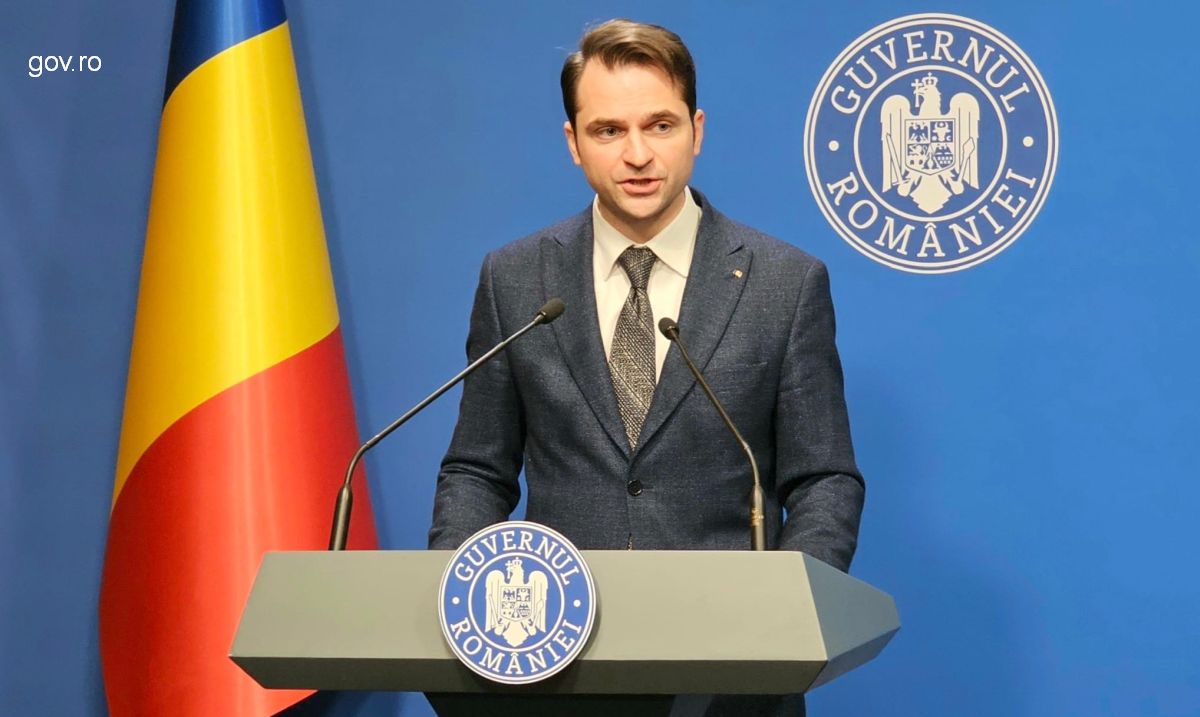Report on European funds fraud
Romania tops the classification of countries with the highest number of investigations conducted by the European Anti-Fraud Office - OLAF in 2017.

Bogdan Matei, 07.06.2018, 13:57
The European Anti-Fraud Office known as OLAF announced that in 2017 alone it conducted 197 investigations, which resulted in 309 recommendations and the recuperation of 3 billion Euros that retuned to the EU budget. A common element of the finalized investigations was the existence of a secret understanding between the winner of a tender and either a consultant or the very beneficiary of the funds.
The conflict of interests was another common element of the investigations, involving politicians and large-scale public procurement projects. According to the European media, three countries in the east of the EU, Romania, Hungary and Poland were allegedly the countries with the most intense anti-fraud investigations. According to the acting Director General of OLAF, British Nicholas Ilet, there is no link between the number of investigations and the level of corruption in a certain country. He says that if there is a substantial investigation, it means that there is a good cooperation between OLAF representatives and a certain country or that OLAF benefits from much information about that country.
There are 11 investigations targeting the use of European funds in Romania which is the leader in a classification of countries with anti-fraud investigations finalized in 2017. Illustrative of the situation are two investigations related to projects funded through the European fund for regional development. The representatives of a city hall, which was the beneficiary, made an understanding with the representatives of the company that had drafted the technical projects for the building of a road, according to which they established restrictive criteria in the documents to be used at the tender.
In this way, they created an advantage for a certain company that won the tender, with the rest of the participants in the tender being rejected from the very start of the initial assessment stage. The sides involved forged a lot of documents including the technical project of the road, the OLAF representatives concluded. They calculated the financial loss from the EU budget as standing at 21 million Euros. OLAF recommended the Directorate-General for Regional and Urban Policies of the European Commission to recuperate the entire amount of money and forwarded judicial recommendations to the National Anti-Corruption Directorate in Bucharest to take legal action against the aforementioned entities.
In November 2017 the prosecutors of the National Anti-Corruption Directorate indicted several high-ranking politicians for fraud in EU-funded projects, the setting up of a criminal group and abuse of office for personal gains. In order to recuperate the loss, they confiscated the assets and blocked the bank accounts of the people involved in the fraud. In a different, trans-national case, the European Anti-Fraud Office managed to stop an intricate fraud scheme through which community funds worth more than 1.4 million Euros were embezzled. The money was to be used for building emergency response hovercraft prototypes. The investigation revealed irregularities in a research and innovation project that had been won by an Italian-led European consortium with partners from France, Romania and Great Britain.






























